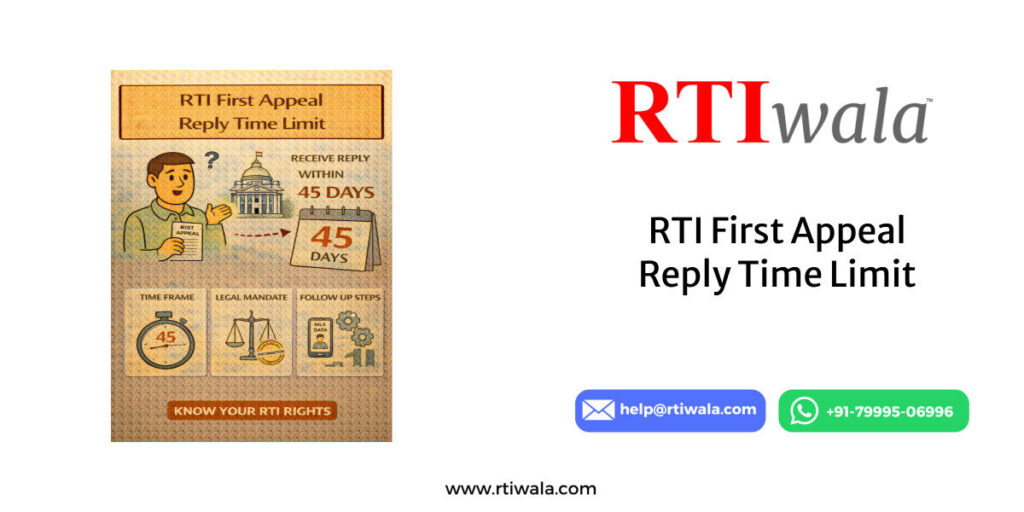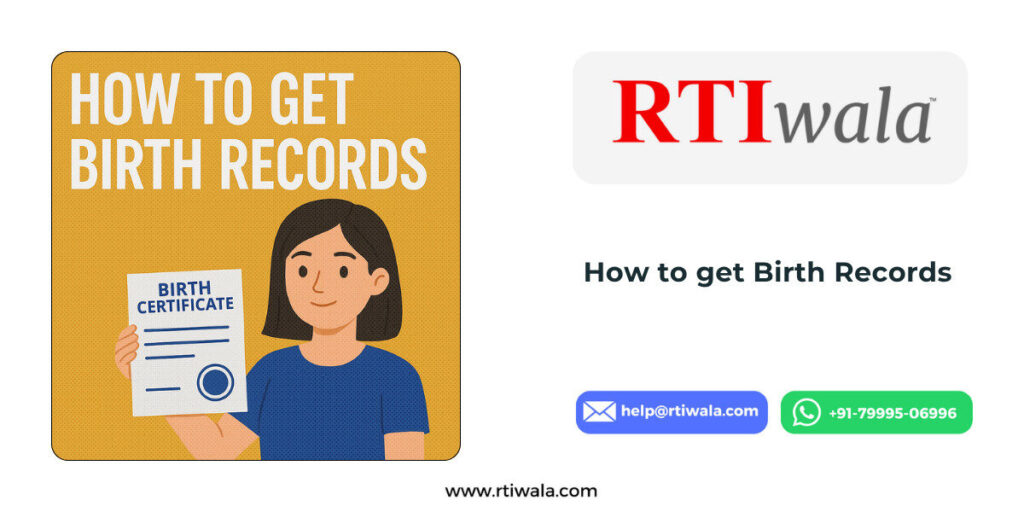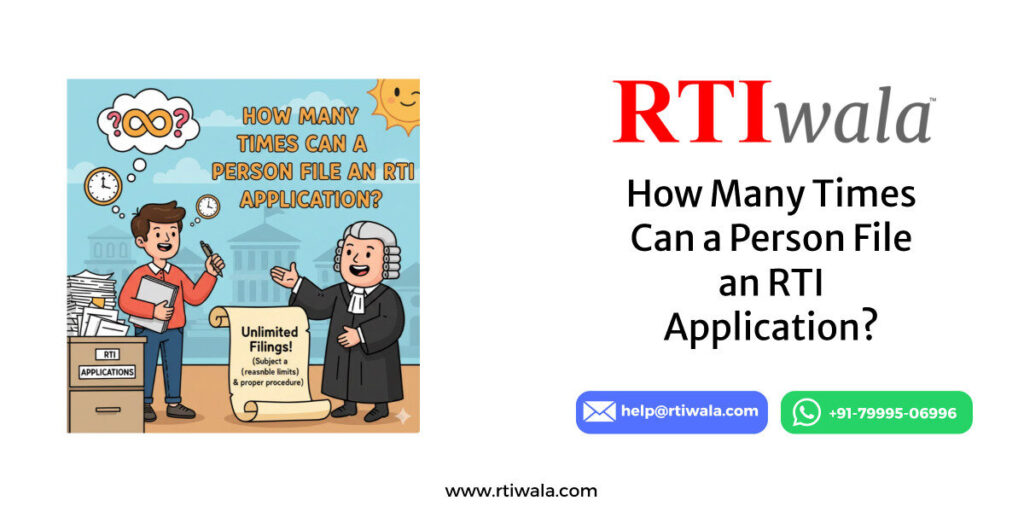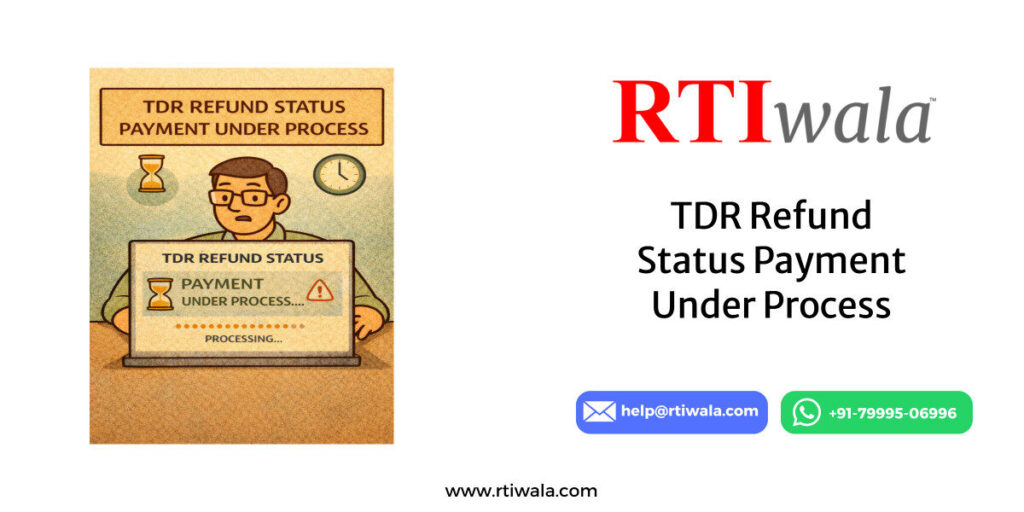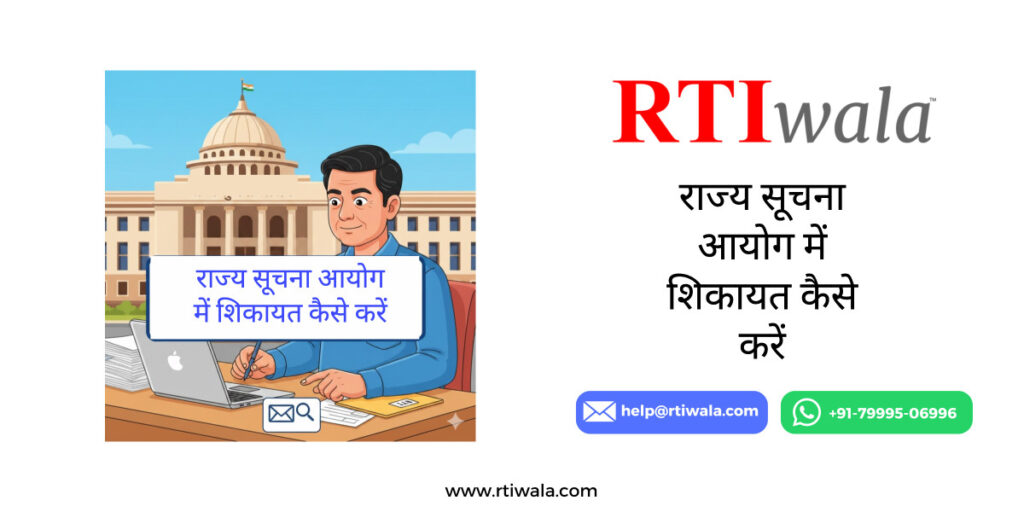The Goods and Services Tax (GST) is a comprehensive tax levy on the supply of goods and services in India. It has replaced many indirect taxes previously levied by the central and state governments. GST registration is mandatory for businesses with an annual turnover exceeding a specified threshold. However, many businesses face challenges in the registration process due to bureaucratic complexities and lack of information. This is where RTIwala can assist, ensuring a smooth and hassle-free GST registration process.
Table of Contents
- What is GST Registration?
- Benefits of GST Registration
- How to Apply for GST Registration
- Key Features of GST Registration
- Common Challenges and How RTIwala Can Help
- Conclusion
- FAQs
2. What is GST Registration?
GST registration is the process by which a business becomes a registered taxpayer under the GST regime. Once registered, a business is assigned a unique GSTIN (Goods and Services Tax Identification Number). This registration allows businesses to collect GST from customers and avail of input tax credit.
3. Benefits of GST Registration
- Legal Recognition: GST registration gives your business legal recognition as a supplier of goods or services.
- Tax Credits: You can claim input tax credits on your purchases, reducing your tax liability.
- Competitive Advantage: Registered businesses can supply goods and services to other registered businesses, which prefer dealing with compliant suppliers.
- Nationwide Validity: GSTIN is valid across India, simplifying interstate transactions.
4. How to Apply for GST Registration
Applying for GST registration involves several steps, and understanding these steps can simplify the process:
- Eligibility Check: Ensure your business meets the eligibility criteria for GST registration.
- Documentation: Prepare necessary documents such as PAN card, proof of business registration, identity proof, and address proof.
- Online Application: Visit the GST portal and fill out the GST REG-01 form.
- Verification: Submit the form along with required documents for verification.
- Approval and Issuance: Upon successful verification, the GSTIN is issued.
RTIwala can assist in filing an RTI Application to check the status of your GST registration application, ensuring you get timely updates and avoid unnecessary delays.
5. Key Features of GST Registration
- GSTIN: A unique identification number assigned to each registered business.
- Compliance: Regular filing of GST returns is mandatory to stay Compliant.
- Input Tax Credit: Allows businesses to claim credit for the tax paid on purchases.
- Interstate Supply: Simplifies interstate supply of goods and services with a unified tax system.
6. Common Challenges and How RTIwala Can Help
Despite its advantages, businesses often face challenges such as application rejections, delayed approvals, and lack of information. RTIwala can assist businesses in filing RTI applications to:
- Check Application Status: Get real-time updates on the status of GST registration applications.
- Resolve Issues: Address discrepancies and delays in the application process.
- Access Information: Obtain detailed information on eligibility, documentation, and compliance requirements.
By leveraging RTI services from RTIwala, businesses can navigate the complexities of the GST registration process and ensure timely registration.
7. Conclusion
GST registration is a crucial step for businesses in India, providing numerous benefits and legal recognition. Understanding the application process and leveraging RTI can help businesses overcome challenges and make the most of this tax system. RTIwala is committed to supporting businesses through every step, ensuring they receive the benefits they rightfully deserve.
8. FAQs
1. What is the eligibility criterion for GST registration?
Any business with an annual turnover exceeding the specified threshold must register for GST.
2. Can I apply for GST registration online?
Yes, the GST registration process can be completed online through the GST portal.
3. What documents are required for GST registration?
Documents typically include PAN card, proof of business registration, identity proof, and address proof.
4. How does RTI help in the GST registration process?
RTI can be used to track the status of your application, resolve delays, and access necessary information.
5. What should I do if my GST registration application is rejected?
If your application is rejected, you can file an RTI to understand the reasons for rejection and seek guidance on reapplying.














































